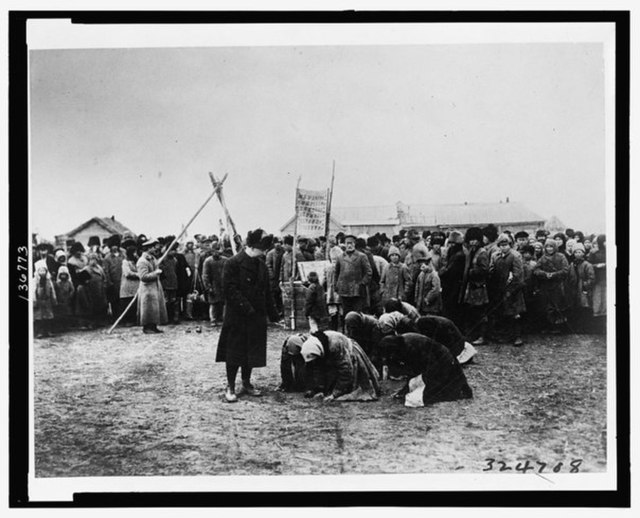Infinite photos and videos for every Wiki article ·
Find something interesting to watch in seconds
Celebrities
Sports
Richest US Counties
Rare Coins
Best Campuses
Famous Castles
Presidents
Recovered Treasures
Tallest Buildings
Great Artists
Kings of France
British Monarchs
World Banknotes
Orders and Medals
Great Cities
Largest Palaces
Wars and Battles
Countries of the World
History by Country
Largest Empires
Animals
Ancient Marvels
Wonders of Nature
Great Museums
Supercars
Crown Jewels
more top lists






